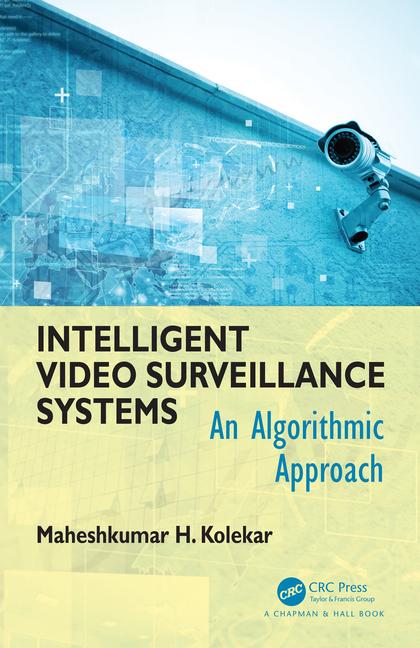According to Wikipedia, the “digital transformation” can be defined as “the novel use of digital technology to solve traditional problems. These digital solutions enable inherently new types of innovation and creativity, rather than simply enhance and support traditional methods.”
The 2018 Future of Physical Security study conducted by Microsoft and Accenture found that the threat landscape has changed in recent years. “The digital revolution has transformed the world in a multitude of positive ways — but it has inadvertently created new threats,” the study noted in its introduction. The survey of 200 senior physical security leaders across multiple industries described the physical security industry “at various levels of maturity, and at worst a decade behind” when it comes to its response to the digital transformation.
For the security industry some of the biggest digital disruptors in recent years have been cyber security and cloud technology, both of which also have the potential to bring huge new opportunities to security integrators, if they take advantage of it.
As the Future of Physical Security concluded in its introduction to the study results, “The security industry is facing a huge digital disruption, and to be successful it needs to embrace digital transformation. Maintaining the status quo will only increase this gap and prevent companies from capitalizing on a valuable opportunity. By challenging conventional thinking and reimaging how business is done, physical security can provide next-level insights, improving life safety and creating value across the organization beyond traditional risk management.”
One person not surprised by these findings is Dan Dunkel, managing director of PSA’s new Managed Security Solutions Provider (MSSP) Program, which was introduced this spring as a way to help security integrators with a curated solution to providing managed services in three sectors: access control, video and cyber security. Industry partners for the preliminary program rollout include access control partners Brivo and 3xLOGIC; video partners Eagle Eye Networks, Netwatch, OpenEye, and Viakoo; and cyber security partners Essentire, and Panda Security.
SDM spoke with Dunkel about the importance of a program like this in the digital transformation age, and his plans for the future of the initiative.
SDM: What is the digital transformation and how does that inform what you are hoping to accomplish with the MSSP program?
Dunkel: Digital transformation has redefined what business risk is. That is a new thing and we want these integrators to understand that it is a business risk discussion, it is not a technical discussion about the cloud or cyber security or any of the things they might not be comfortable with It is not technically complex. They don’t understand anything about this cloud or cyber. We want to get them past that. … The business is changing and digital transformation has impacted everything. I see integrators wanting to learn more about cyber and that is healthy and optimistic and I am encouraged to see that.
SDM: What role does the cloud play in the MSSP program?
Dunkel: With the MSSP program the plan is to really take advantage of the opportunities the cloud provides to deploy solutions in a new RMR business model. The cloud is really just a ramp, an on-ramp to a technology. It depends on the application or business need as to what that technology will look like. … More and more companies are moving to the cloud. In the interim there will be a hybrid solution. I am convinced 10 years from now everything will be cloud-based. With the MSSP program I want to get education out there, understand where the digital transformation has taken business, and that it will impact cloud, cyber security and what you sell. We want to tie that playbook together and give members the opportunity to provide cloud-based RMR solutions in access control, video and cyber.
SDM: How easy is it for the security integrator to get started with the MSSP program?
Dunkel: The opportunity is there and they don’t even have to spend a lot of time getting up to speed on the MSSP program. It’s a win-win for them. They just have to spend some time to get their sales and support people up to speed from a messaging standpoint and partnering standpoint. They don’t have to become cyber or access control or video analytics experts. They just have to have the right partner to fill the gaps in their deliverables.
SDM: What are the next steps for the MSSP program?
Dunkel: We want to use these first eight partners as a benchmark and get the deliverables and training materials in place and have a formula that we can then apply to new integrators. What we are going to do is fill in the gaps in our own portfolio as we move forward. We may find there is a need for a training solution, for example, that our members’ customers are asking for. So maybe we will find a partner for that. Or there might be another application for a next generation video analytics partner or a particular solution for a vertical market like handgun detection on a camera. We will look at different solutions and modules that our members are asking us to find.







